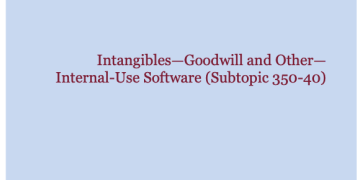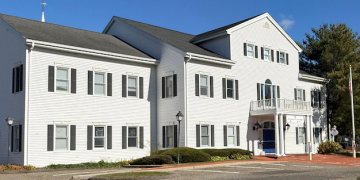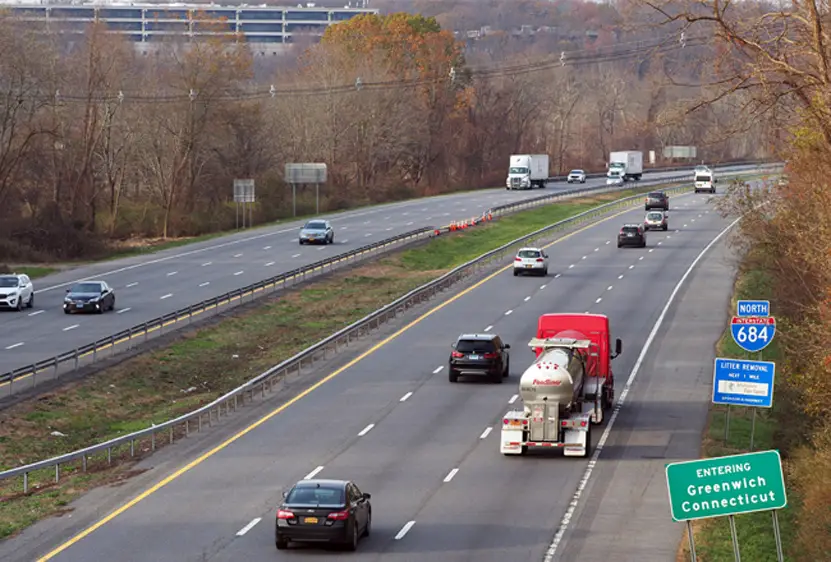Right up to the end, Westport, Connecticut businessman Timothy Schmidt was taking millions of dollars in cash advances for JPR Mechanical Inc., on assurances that his New Rochelle HVAC company was financially healthy.
But within weeks, on Aug. 16, JPR and two affiliates filed for Chapter 7 liquidation. Schmidt and his wife, Dina, simultaneously petitioned for Chapter 11 reorganization in federal bankruptcy court in White Plains.
Now, nine businesses are suing to stop Schmidt, as sole owner of JPR Mechanical, from discharging nearly $9 million in debts.
 The complaints, filed as adversary proceedings in bankruptcy court, include accusations that he diverted trust fund monies, disregarded his fiduciary duty, committed fraud, failed to preserve financial records, made false representations and committed embezzlement and larceny.
The complaints, filed as adversary proceedings in bankruptcy court, include accusations that he diverted trust fund monies, disregarded his fiduciary duty, committed fraud, failed to preserve financial records, made false representations and committed embezzlement and larceny.
Schmidt”™s bankruptcy attorney, Dawn Kirby of Scarsdale, did not respond to an email request for comment.
JPR Mechanical was a major player in heating and air conditioning subcontracts throughout New York City: LaGuardia Airport terminal renovations, Hudson Yards, Long Island Railroad concourse, Cornell Graduate Hotel, Moynihan Train Hall, Mount Sinai neonatal intensive care unit, NYU Lutheran Cancer Center, Resorts World Casino in Queens, Tammany Hall and more.
Schmidt went to work for JPR Mechanical in 2001 as an assistant project coordinator and he quickly rose through the ranks and ultimately became the sole owner. By the end of last year, according to an affidavit he filed in September, revenue had reached $120 million and he employed more than 500 workers.
But his company”™s explosive growth and poorly designed projects “led JPR to financial hardship,” he said.
He blamed the LaGuardia Airport project in particular, citing a construction schedule that compressed the work to 18 months from 31, and required him to triple manpower and spend more on sheet metal fabrication and equipment.
“These challenges at the LaGuardia project made JPR perform inefficiently while eroding profits on all projects companywide,” he stated in the affidavit.
By April, he began taking bridge loans, “in a desperate effort to keep JPR going while I worked diligently to raise a significant capital loan.”
He found a company willing to lend $35 million, but by mid-August, before the loan could close, his accounts were at a deficit. He filed for bankruptcy “for fear of not being able to make payroll,” according to his affidavit.
JPR Mechanical had assets of $47.7 million and liabilities of nearly $23 million, according to a bankruptcy schedule.
Three lenders that made cash advances describe events differently.
Libertas Funding LLC of Greenwich, Connecticut claims, for instance, that Schmidt portrayed JPR as healthy, in April. He predicted $120 million in revenue this year and he made assurances that the company was not insolvent or contemplating bankruptcy.
Libertas Funding advanced $2 million in exchange for nearly $2.6 million in accounts receivable. On July 3, Libertas advanced another $500,000 for $695,000 in future receipts.
Libertas claims that “Schmidt willfully and maliciously provided false and misleading information.”
On June 27, TVT 2.0 of New York City paid $1 million for nearly $1.4 million in future receipts. Schmidt had allegedly presented a personal financial statement showing a net worth of $17.2 million, according to the complaint, and personally guaranteed the deal.
On July 26, Radium2 Capital LLC of Uniondale bought $1.3 million in future receipts for a price undisclosed in its complaint. Three days later, Radium2 was unable to gain access to funds it was entitled to in the accounts receivable bank account.
Schmidt, the company alleges, “either provided false bank account information ”¦ or immediately closed the bank account after obtaining the funds.”
Fidelity and Deposit Co. of Maryland may have the greatest exposure. It issued $193 million in performance bonds on behalf of JPR for 19 construction projects, requiring Fidelity to make payments to JPR”™s subcontractors.
“JPR surreptitiously shut its doors on Aug. 16, 2019,” its complaint states, “leaving the bonded projects incomplete.”
Fidelity said it has received millions of dollars in payment bond claims but did not provide a total.
Schmidt, the surety company claims, diverted trust fund assets to pay “his own salary and personal expenses.”
Five suppliers also filed complaints, including A.D.E. Systems Inc. of Nassau County, for $1.2 million; Delta Connects Inc. of Monroe, New Jersey, $346,000; Hailey Insulation Corp. of Suffolk County, $717,000; International Asbestos Removal of Babylon, Long Island, $736,000; and S.W. Anderson Sales Corp. of Farmingdale, Long Island, $347,000.
Schmidt and his wife declared nearly $4.2 million in assets and $50.7 million in liabilities, in their Chapter 11 case. Assets include a $2.25 million house in Westport, a house and a condominium in Norwalk valued at $500,000, and a 2006 Viking Convertible power boat listed at $799,000. Among their debts is a $2.19 million IRS claim.
Schmidt states in his affidavit that the Chapter 11 petition was filed “so that we can have the opportunity to stabilize our personal life ”¦ and formulate a plan of reorganization. We believe our primary residence and boat may generate approximately $1.5 million for the benefit of creditors. We plan to downsize, cut expenses, get new jobs and do our best to pay creditors and start over.”
Schmidt did not mention by name in his affidavit any of his cash advance lenders or suppliers, but he expressed regret for the impact of the company closing on his extended family and workers.
“It tears me apart and my wife apart to leave them in this way.”
















